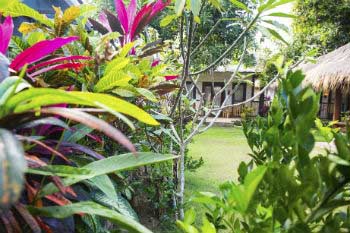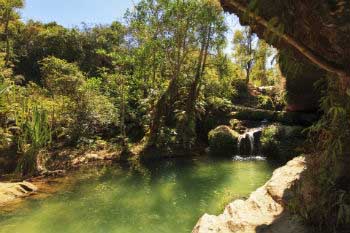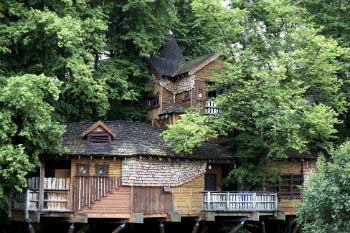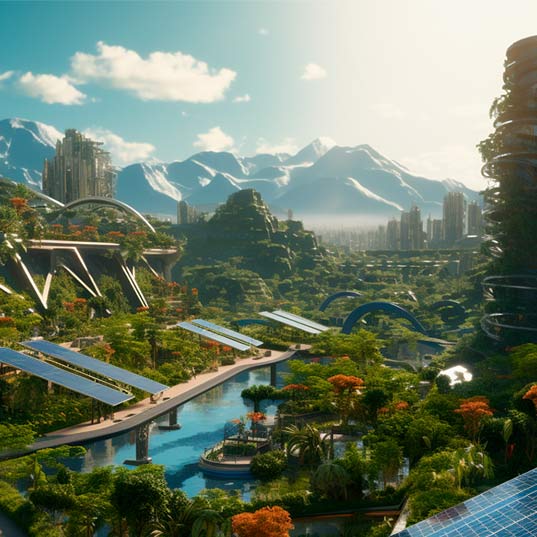How to choose a sustainable hotel?
The 90% of the travellers choose a sustainable hotel and 34% is willing to pay for a stay in an establishment which meets such criteria
There is a growing awareness of the need to care for the environment in more areas, and the tourism sector is one of those which are now rising. Every day more and more accommodation caring about the reduction of the carbon footprint is demanded, just as other factors are considered when it comes to planning more sustainable holidays.

According to a survey carried out earlier this year by the Global Sustainable Tourism Council and the Instituto Tecnológico Hotelero (ITH), 90% of the travellers choose a sustainable hotel and 34% is willing to pay for a stay in an establishment which meets such criteria.
What measures are taken by those hotels in order to be sustainable?
- Reducing their impact on their surroundings. This is achieved by taking several measures, such as integrating the hotel with its surroundings as best as possible when it is being built, for the sake of biodiversity and its landscape; reducing all the waste generated through recycling, for instance; preventing the local natural resources from being exploited (for example, not building a golf course on a low-watered area); making an environmentally-friendly swimming pool, and so on.

- Using recycled and organic materials. This should be considered for the building materials (as natural as possible; certified wood) but it is also important to draw on environmentally-friendly produce, biodegradable cleaning products, etc.
- Respecting the local culture, and maximising the economic and social benefits of the local community.
- Reducing energy expenditure to the maximum by using LED lighting, for instance, or efficient appliances, and opting for the renewable forms (solar panels, etc.). Hotels must fulfil the principles of bioclimatic building in order to make the best use of the natural resources.
Floating hotels, the ultimate in sustainability

This new form of accommodation building has its origins in the floating architecture in the Dutch lowlands. Its inspiration is encouraged by the need to reduce the environmental impact as much as possible on protected areas. Additionally, destinations so much preferred by travellers like Miami in Florida, or the Maldives, have been the latest ones which have decided to incorporate this type of sustainable hotels.
These hotels have been designed to reduce the environmental impact to the maximum, but are also intended as a solution to the sea level rise due to global warming, which we have to adjust to. Ecologists believe that it is necessary to take action against it, and not just adjust to that change, but rather focus on its curbing. The controversy is open for discussion.
Which is the most environmentally-friendly hotel in the world?

United Nations hailed a Danish hotel as the greenest one in the world in 2013, the Crowne Plaza Copenhagen Towers. This hotel saves 1,373 tonnes of C02 per year, since its opening in 2009. The hotel´s measures go beyond the use of renewable forms of energy in order to be sustainable.
As an example of its philosophy, those guests attending the gym can generate power while using stationary bicycles and guests are rewarded with a dinner meal for every ten watts produced.
Also, the hotel has an innovative underground water system which keeps the building fresh or warm according to the time of the year, helping to reduce energy expenditure in nearly 90%, as well as it uses bottles for its biodegradable bath products, among many other measures.

Not only are the hotel facilities very efficient (solar panels on its facades, LED lighting, etc.) but all of its personnel have also been educated in a highly environmental and social awareness. The Copenhagen Towers meets the Green Building standard as required by the EU. It is also the first hotel in Denmark that has joined the UN´s Global Compact.
Sources: Global Sustainable Tourism Council and Instituto Tecnológico Hotelero.







